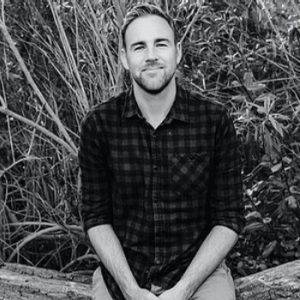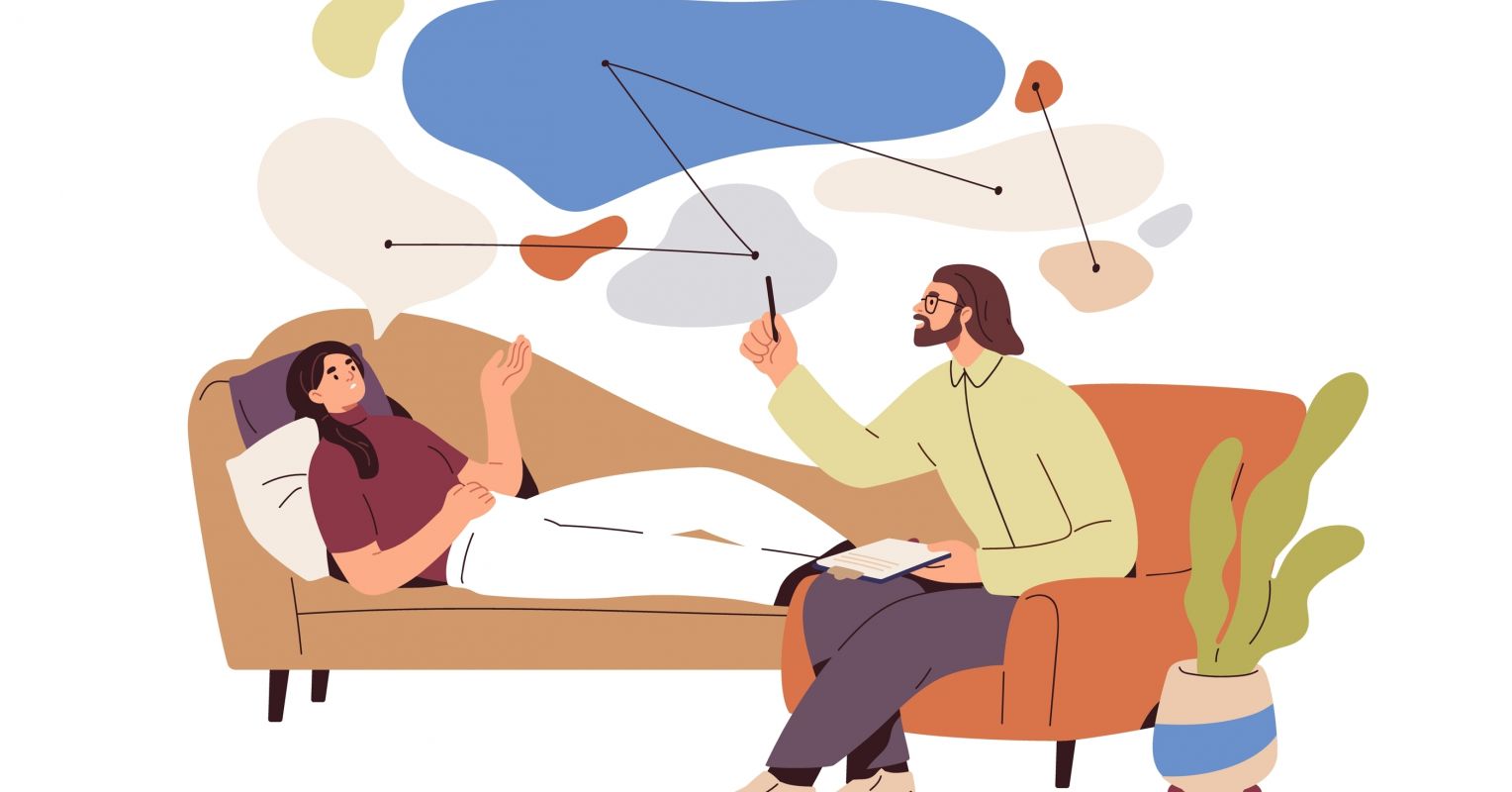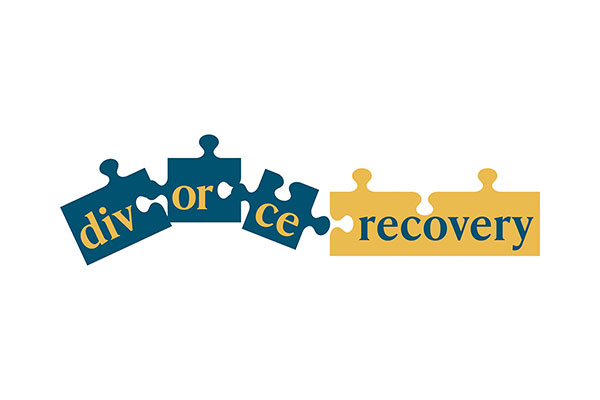You don’t have to wait for your relationship to hit rock bottom before you ask for help. Couples encounter many problems, and it helps to work through issues by going to marriage and couples therapy. Couples counseling involves meeting with a specialist to discuss and resolve problems you’re both facing.
To ensure that the sessions are effective, you will need to take the time for you to open up completely and exert effort. When it comes to couples therapy, patience and perseverance are key requirements for success.
If you’re considering marriage and couples therapy or you’re preparing for your first couples counseling session, here are some tips to help you prepare and get the most out of your therapy.
1. Keep An Open Mind
What are your thoughts on marriage and couples therapy? It’s important to be aware of your biases prior to entering therapy. When you feel negatively towards therapy, it will inevitably influence your therapeutic experience and may hinder the quality of therapy you get.
Knowing where you’re coming from also allows you to keep a more open mind. You may feel uncomfortable or even hate some of the therapist’s ideas and suggestions, but this does not mean they’re wrong or trying to harm you. Consider their input seriously. This can help you go a long way in therapy.
2. Discuss Your Goals
Marriage and couples therapy are meant to help couples resolve shared problems. Though you and your spouse will both have individual concerns that need to be addressed separately, the issues you tackle in couples therapy should be concerns that you both want to resolve.
Your therapist is likely to set the tone for communication and have you start therapy by discussing your goals. Use this opportunity to communicate your goals and do your best to align them with the goals of your spouse.
But if you have irreconcilable goals, that’s also alright. That in itself is something the counselor will help you work on.
3. You Are Not There to Win
One of the biggest barriers to success in marriage and couples therapy is when couples come in thinking they have to best each other. But before going into therapy, it’s important to remember why you and your spouse are entering therapy in the first place.
You may have negative feelings towards your spouse. However, you are getting therapy to work things out, not antagonize each other. Keep in mind that the problem is the problem; your spouse is not the problem.
4. Give It Time
Some try marriage and couples therapy and give up after a handful of sessions, claiming it is not working. Therapy takes its time. Every couple who seeks therapy has unique problems, and the amount of time it takes to resolve the issues also varies.
When you go to marriage and couples therapy, you not only need to build trust with your counselor, but you also have to mend damages to your relationship with your spouse. Such a process takes time.
Hence, it’s best to give marriage and couples therapy at least three to six months to see if it will help you and your spouse resolve the conflicts that brought you to therapy in the first place.
Book an Appointment With Keil Psych Group Today
Is your relationship with your spouse no longer as it should be? If you and your partner have had unresolved issues and have struggled for quite some time, it’s a good idea to seek help from a couples therapist to better understand your conflict, start resolving your problems, and mend your relationship.
Try marriage and couples therapy by reaching out to the Keil Psych Group! We offer personal, involved, and active support to couples and individuals who seek help. Reach out to Keil Psych Group today at 714-334-5497 to learn more!





